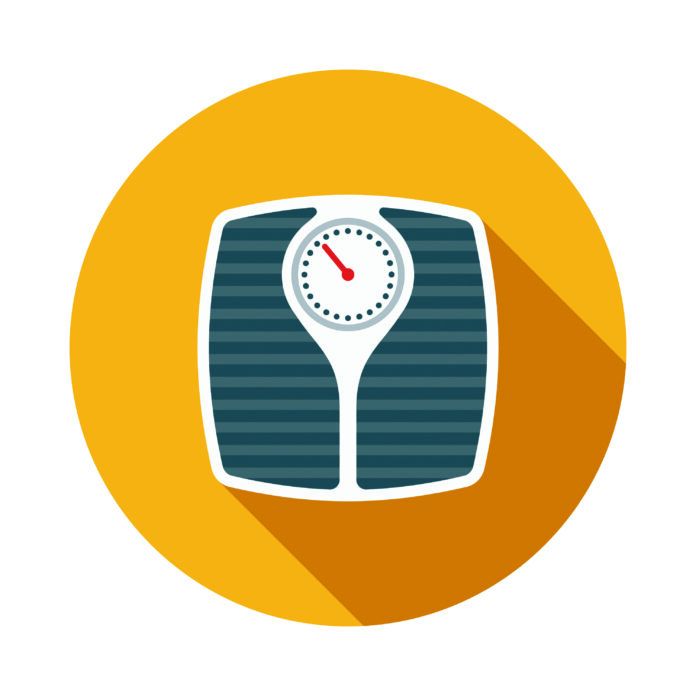A round 35 million Americans have type 2 diabetes. This often symptomless condition contributes to disorders like nerve damage, kidney disease, blindness, slow wound healing, and atherosclerosis (see page 4). There is no cure for type 2 diabetes, but it can be managed with medication, weight loss, and healthy lifestyle choices. With the help of healthy eating and physical activity, some people are able to get off their medications. They are then considered to be in remission.
Researchers in Korea set out to see if weight loss could put type 2 diabetes into remission. They gathered body weights for nearly 115,000 people recently diagnosed with type 2 diabetes and looked for changes two years later. Twenty percent of the participants lost more than five percent of their body weight, and two percent achieved full remission (defined as a fasting blood glucose of less than 126 mg/dL at two or more consecutive health examinations after stopping medication). The greater the weight loss, the higher the likelihood of remission. Remission associated with weight loss was more common in men, people under 65 years of age, and those with a starting body mass index over 25 (the beginning of the overweight range).
Get regular checkups that include a simple blood test to check your fasting blood sugar levels and take action if the results indicate you have type 2 diabetes or prediabetes.
Slow, steady weight loss brought on by sensible dietary changes and increased activity is more likely to be maintained than weight loss due to crash dieting or fad diets that drastically restrict one or more food groups or healthy foods like legumes and whole grains.





















